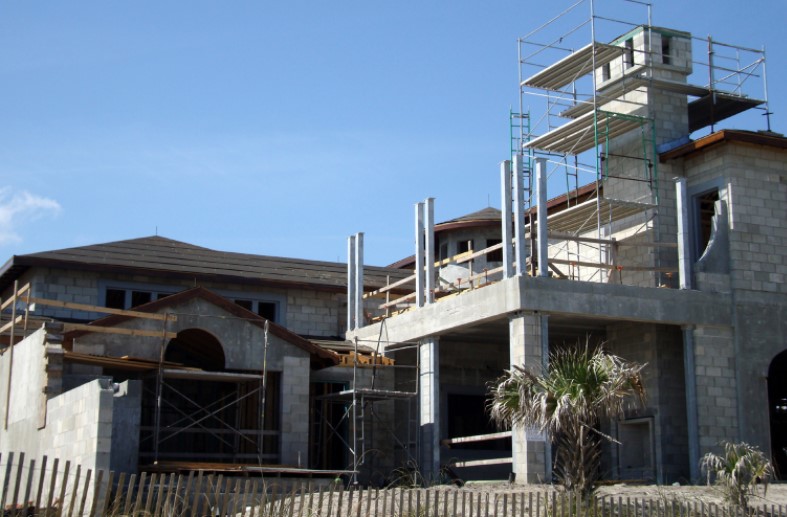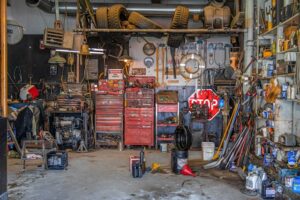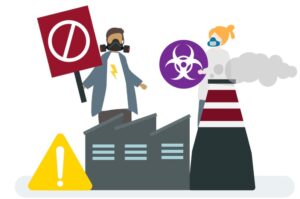
An earthquake is one of the most devastating and deadly natural disasters in the world. Unfortunately, the United States is prone to experience violent shaking of the ground. This leads to the wide and extensive destruction of property and the loss of human life.
Earthquakes are unpredictable. However, the damage, as well as risk of injuries and deaths, can be minimized if every household can prepare and have their homes earthquake-proofed.
Here are a few tips that can one day save lives.
Brace for Intense Shaking
Houses are built to withstand windstorms, dust storms and snowstorms. However, when the ground shakes violently due to an earthquake, many structures are not ready to take on the challenge.
So, first of all, choose a house that have strong foundation and are less likely to collapse during an earthquake. Buildings that have steel frames are more likely to withstand the shaking that occurs during an earthquake. When building a house, opt for steel over other materials. Although it’s a little more expensive, it’s worth the cost knowing that your home can protect you in case of a disaster. Besides, suppliers that sell steel offer discounts for bulk orders.
You can also add strapping and other seismic devices if you own commercial or public buildings. Though these methods cost more to install, the safety of everyone inside the building is well worth it.
Protect the Most Vulnerable Areas of Your Home
The roof is one of the most vulnerable parts of your house as it can easily collapse during an earthquake. So, brace it by installing metal frames above entryways and exterior doors. You can also install extra metal beams or braces on wooden roofs.
Install shutters and door braces to prevent your loved ones from getting crushed by furniture. Make sure that all your heavy items are securely attached to the walls, especially cupboards and bookcases near exterior walls without windows or doors. Otherwise, the force of the quake can topple them and cause someone to get hurt.
Add Safety Film Over Windows
Windows are vulnerable to breaking during an earthquake. The glass can shatter, creating more safety risks for you and your loved ones. So, secure them with a safety film. It’s an inexpensive solution, but it can make a world of difference when it comes to minimizing the damage that occurs during a quake.
Reinforce Your Garage Door
Your garage is one of the weak points of your home. If there’s a living space above it, the weight can prove to be too much for the garage door and cause it to collapse.
To avoid this, install metal braces or use existing ones you have elsewhere in your home. If there’s no other place where you can insert a brace, install an anchor strap instead. It will make sure that the garage doors won’t buckle under pressure during a quake.
Install an Earthquake Alarm
No one can predict when an earthquake will occur, but alarms can still alert you when the grounds start shaking so you and your loved ones can take cover or flee to safer areas. It helps especially at night when people are asleep and, perhaps, unable to notice and respond to changes in the ground.
The best alarms also detect P-waves, which are quicker than S-waves, which can give you a few seconds to run to safety before the ground starts shaking. It may not seem like a lot of time, but that extra seconds can give you a head start and an opportunity to run for cover.
These alarms are not very expensive. They’re worth buying because they can save lives.
Know Your Risk
Is your house at risk of collapsing during a particularly strong earthquake? Find out before it’s too late. First, be aware if you live in one of the 16 states in the U.S. that are prone to earthquakes. Older houses that are built before the year 2000 may also not be up to current seismic building standards. Ask an architect or structural engineers to inspect your home so that you can find out potential hazards and what you can do to fix them.
Earthquakes are unpredictable, but the risk of injury or death can be minimized by earthquake-proofing your home. Installing heavy furniture to walls and reinforcing foundations will help protect you in case of an earthquake. A number of affordable measures including installing safety film over windows, adding braces for doors and strengthening garage doors will also help keep your family safe during a disaster.




